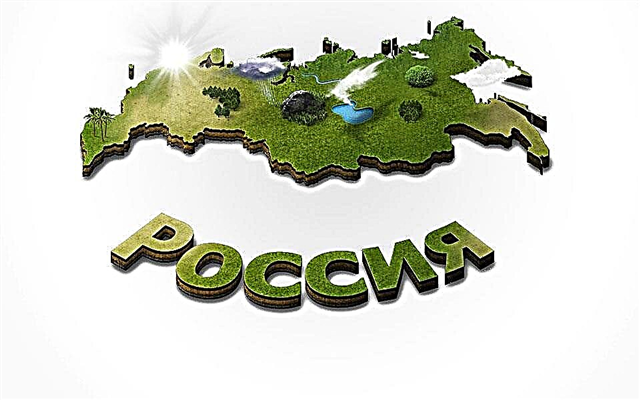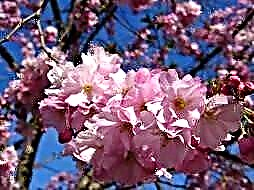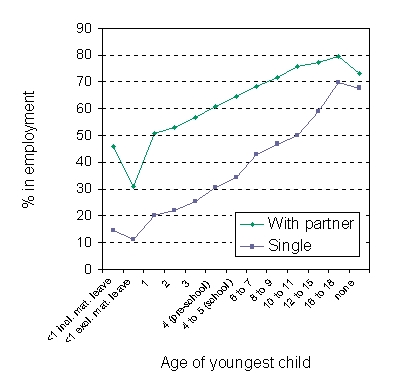Writers and readers around the world agree on one thing - some books are harder to read than others. Millions of readers share book information with one another at Goodreads, the largest book site on the Web. Based on their reviews, we selected the most complex literary works in history and composed list of the most difficult to read books in the world.
10. The Heart of Darkness, Joseph Conrad
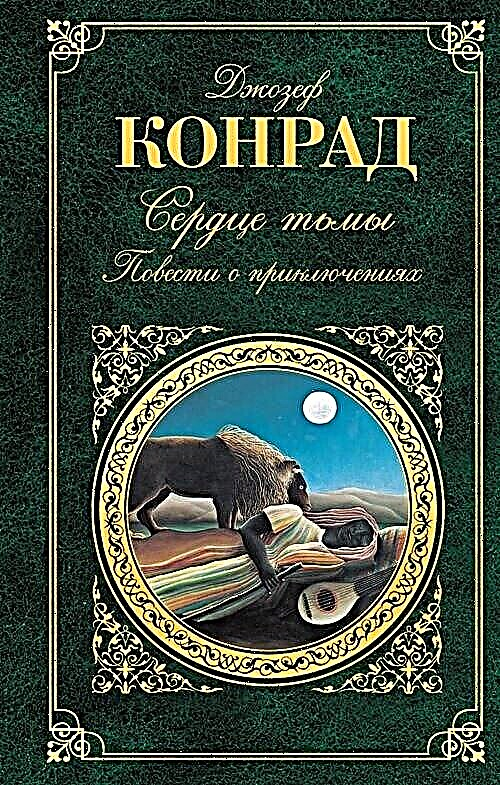 Genre: short story, adventures.
Genre: short story, adventures.
Opens the list of the most difficult books to understand the story of the journey of the protagonist into the wilds of the Black Continent and his own heart. The main difficulty is the allegorical method of narration, its versatility and the abundance of meanings. As well as the verbose and lengthy explanations of the author, what exactly he means.
9. The Endless Joke by David Foster Wallace
 Genre: humor, satire, science fiction.
Genre: humor, satire, science fiction.
The volume of the book (there are more than a thousand pages in it) is simply “flowers” compared to everything else. Readers are waiting for alternative timelines, intertwined and diverging, more than two hundred characters and a non-linear narrative structure. And a huge number of footnotes (there are more than 388 of them in total). Many of them have their own footnotes, and so on to infinity.
If you decide to test your nerves for strength with the “Endless Joke”, we recommend that you first find on the Internet an approximate chronology of the story, a list of characters and a description of the world in which the book takes place. Not surprisingly, the Endless Joke was translated into Russian only in 2018, almost a quarter century after the creation of the book.
8. “Crime and Punishment”, Fedor Dostoevsky
 Genre: philosophical novel, crime, psychological realism.
Genre: philosophical novel, crime, psychological realism.
The first (but not the last) book of a Russian-speaking author in the list of the most difficult books. It is most difficult for readers to overcome the first hundred and a few pages when Raskolnikov wanders through the hideously yellow Petersburg in delirium.
And according to English-speaking readers, the most difficult thing in the book is the names. To a foreign ear, ordinary Russian names are too long and poorly remembered. Some admitted that they had to write the characters on a separate sheet and constantly check with him in an attempt to understand who is who.
7. “One Hundred Years of Solitude” by Gabriel Garcia Marquez
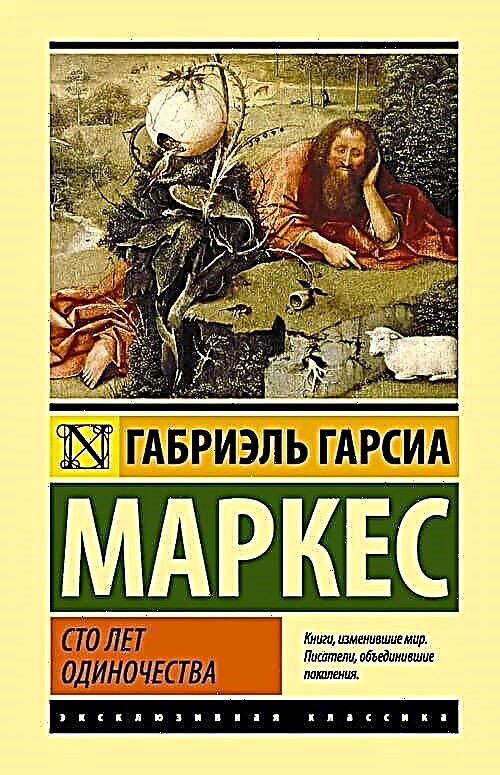 Genre: magical realism, family saga epic fiction.
Genre: magical realism, family saga epic fiction.
A rare book covers such a wide layer of time, as in the famous novel by Marquez. It describes the life of seven generations. And so that the reader doesn’t doze off, the names of the characters are regularly repeated: for example, more than half of the male population of the book is called Aureliano. Try to understand here who is who, especially if the background of the book is magic realism, where everyday and mundane are bizarrely interwoven with magical and magical.
6. “War and Peace”, Leo Tolstoy
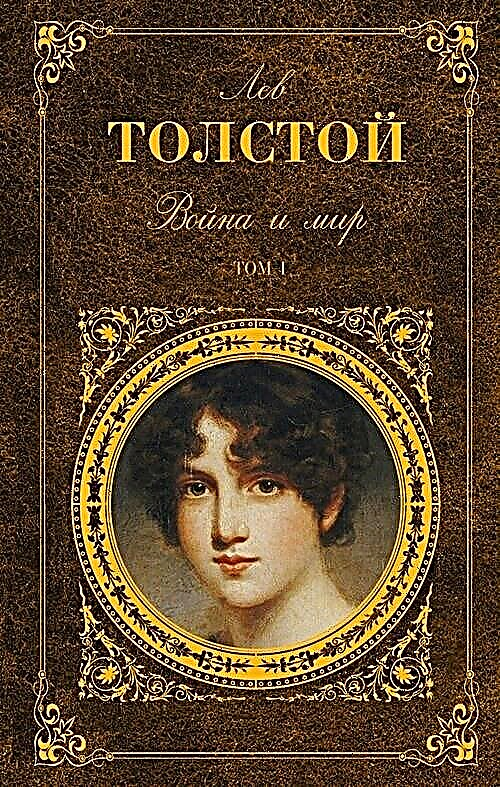 Genre: romance novel, military prose, history.
Genre: romance novel, military prose, history.
This book was on the list of the most difficult to read literary works for one single reason - the number of pages.
If you do not take into account the size of War and Peace, as well as the author’s regular attempts to strike into philosophy (which many readers quickly flip through), then the novel itself is very interesting. There is everything - noble lovers, and suicide attempts, and bed scenes mixed with paintings of suffering and death, and large-scale battles and mores of various sectors of society. Many readers, who have reached the last page with all their might, exclaim in ecstasy: "This is the best book of them all that we read!"
5. The Rainbow of Gravity, Thomas Pincheon
 Genre: satire, science fiction, history.
Genre: satire, science fiction, history.
Quantum mechanics, mass extinction of animals, and speculative metaphysics are not topics for average minds. Not even easier with the structure of the narrative: it seems that Pincheon tried to write as densely and richly as possible. As if his goal was to stuff into 700 pages something that another author could not have told for 2000.
Musical interludes slightly dilute the intensity of the story when the characters sing, and they often do this with pleasure. The rest of the text is full of hints, allusions and hidden quotes, so when reading it is necessary to constantly turn to the help of Google and other search engines. The novel was translated into Russian only in 2012, 39 years after its creation.
4. Moby Dick, Foodie Mellville
 Genre: epic adventure.
Genre: epic adventure.
Many readers have two problems with the famous Moby Dick novel.
- First, the book is a bizarre mixture of a classic novel, essay, free flight of thought, quasi-scientific passages (for example, a boring chapter on marine animals), dramatized monologues and dialogues, and even a production drama about the hardships of whale slaughter in the Arctic Ocean. Only the brain tuned in to one type of storytelling, and now the action in "Moby Dick" makes a sharp turn.
- The second difficulty is the outdated concept of the allegory novel, which went out of fashion in the 18th century. Moreover, the symbolic language in Melville's book is difficult to unravel. Perhaps this is the secret of her charm.
3. Sound and Fury, William Faulkner
 Genre: Gothic, modernism, home fiction.
Genre: Gothic, modernism, home fiction.
In one of the most difficult to read literary works, the first part is the most difficult. There, the narration is conducted on behalf of a person with developmental features. He hardly imagines the passage of time and sometimes jumps from the past to the present and vice versa in just one sentence.
Many readers compared the first part of this novel with travel in dense fog: it is not clear what is going on around, and people, trees and animals are equally indistinguishable dark silhouettes.
But if the reader is stubborn enough, parts to the fourth fog will blow and reading will become more interesting.
2. Finnegans Wake, James Joyce
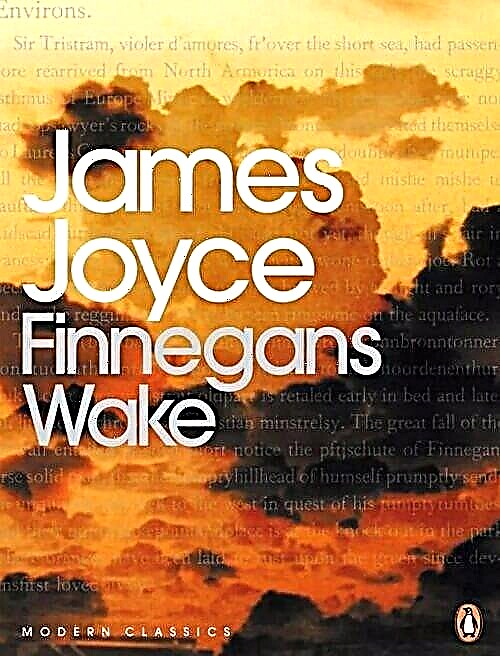 Genre: experimental "word-making, mythological and comic" novel.
Genre: experimental "word-making, mythological and comic" novel.
In "Wake" the plot is practically absent. The whole book is a continuous stream of consciousness in which the author tried to capture in words the complex, fluid matter of sleep.
And to make the reader “more cheerful,” Joyce was engaged in word-making, puns and inserted foreign words into the text. Almost a hundred years have passed since the writing of the book, and literary scholars continue to argue what all this means. It is said that by the end of the book, Joyce himself hardly understood his own work. This is not surprising, because he worked on the book for 16 years and by the end completely forgot what he talked about at the beginning.
1. Ulysses, James Joyce
 Genre: modernist novel.
Genre: modernist novel.
The first place in the list of the most complex literary works in history is occupied by another book of the Irish writer James Joyce.
It is considered a masterpiece and model of modernist prose in the style of "stream of consciousness." It is a little easier to read Ulysses than the second place in the rating, Finnegans Wake, despite Joyce’s attempts to concentrate all days of humanity in one day of an ordinary Dublin resident from the beginning of time to the end of the century. The novel has a more or less understandable structure, and it even has a semblance of plot.
However, in his work, Joyce played with the reader from the heart, scattering parodies, allusions and many puzzles in abundance. Literary scholars are still struggling over their decision.


